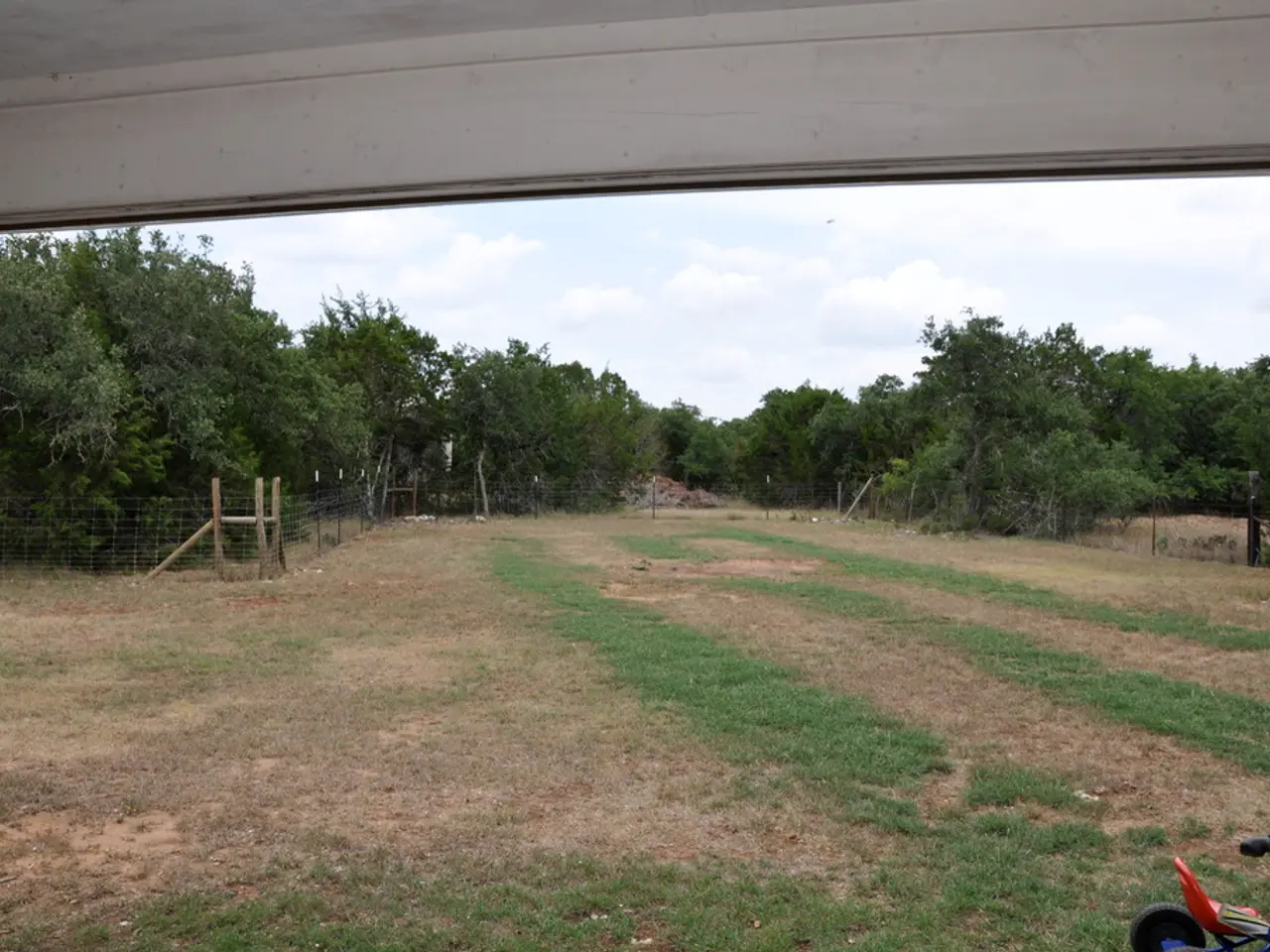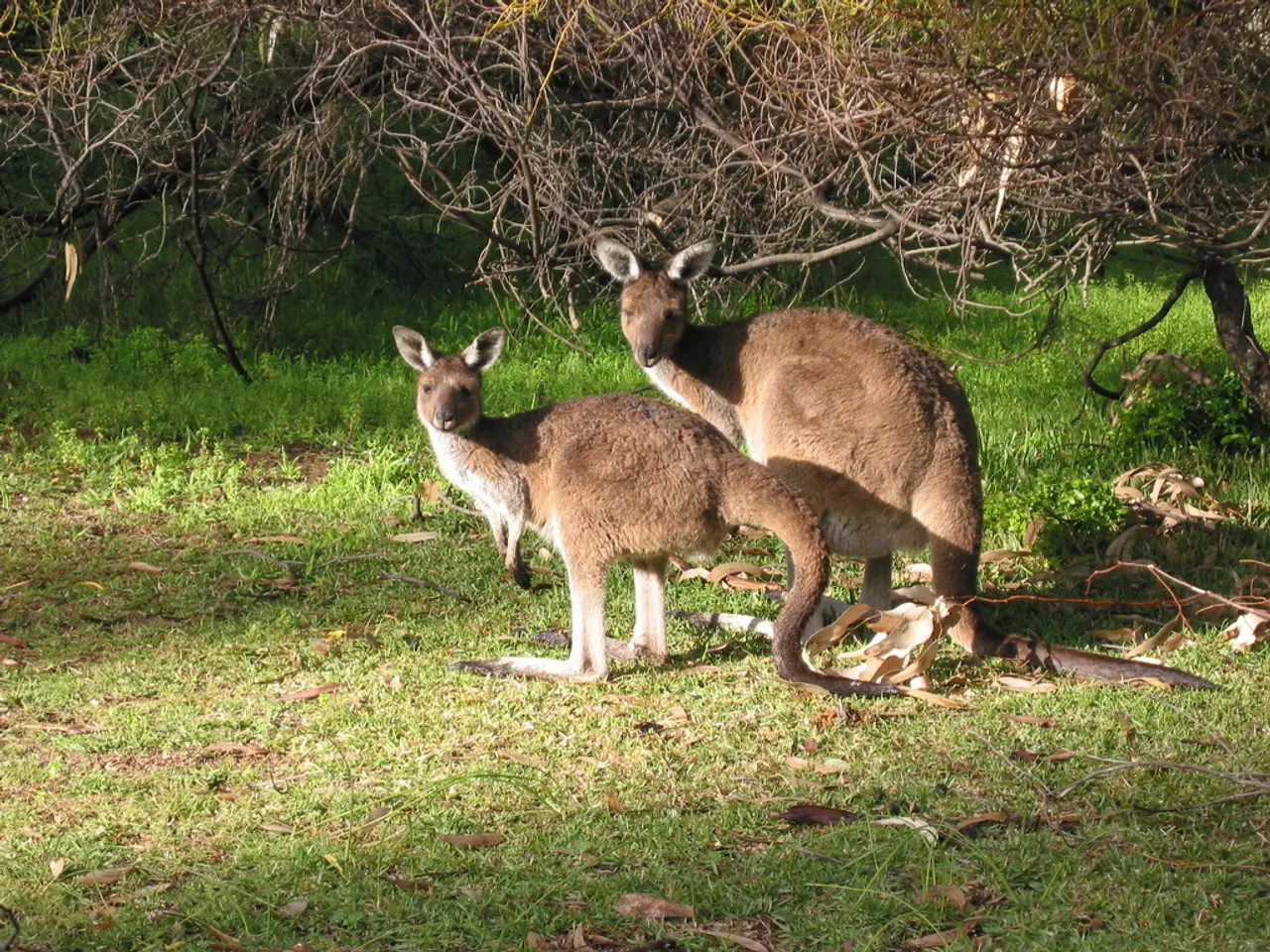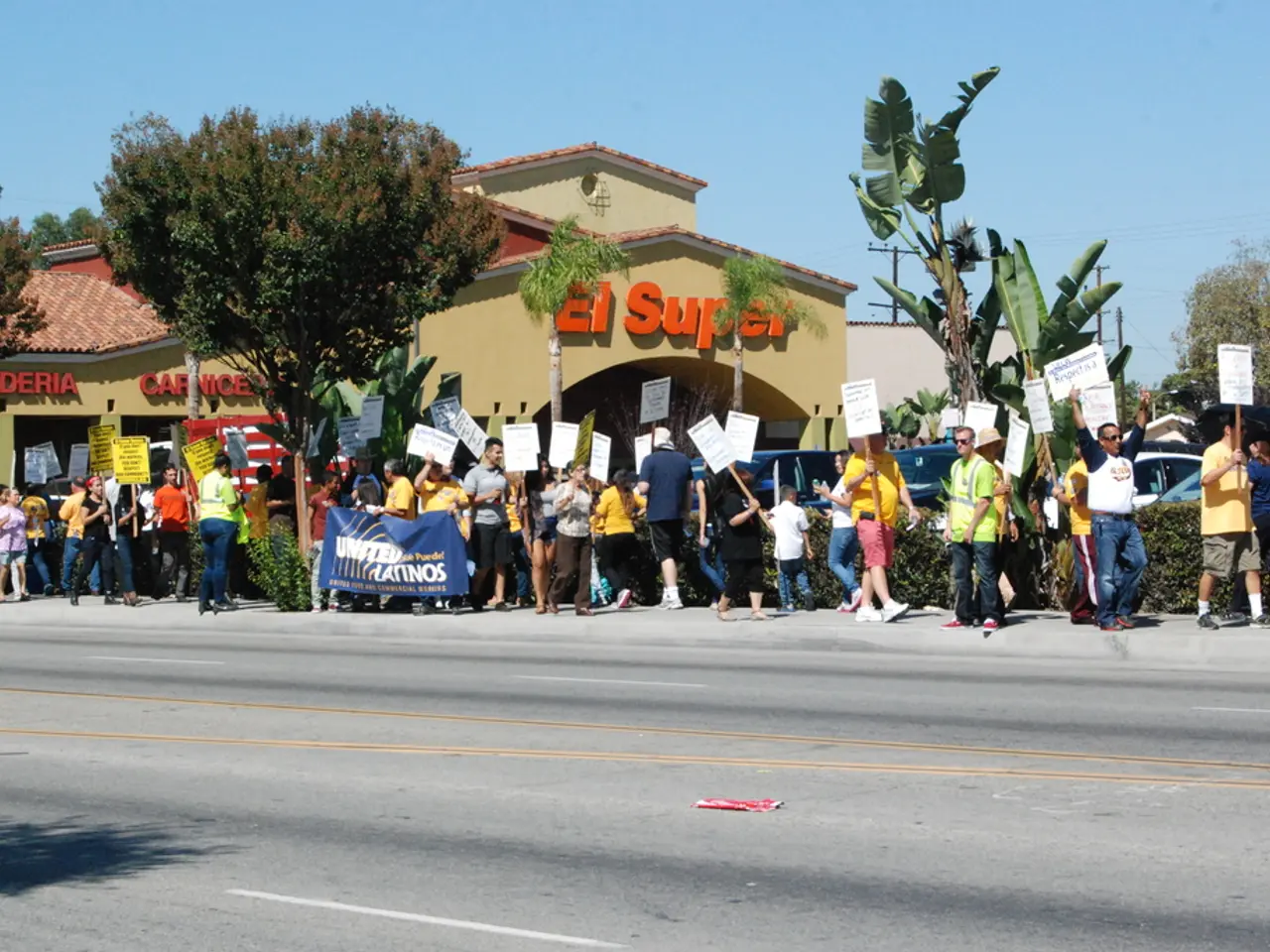Jammu and Kashmir: Majority of Gujjar family forest land possession claims being denied by authorities, causing fear of eviction
Struggles Persist for Tribal Communities in Kashmir as Forest Rights Act Implementation Falls Short
Residents of Jammu and Kashmir, particularly the Gujjars and Scheduled Tribes, continue to face challenges in securing land rights under the Forest Rights Act (FRA), despite the law's extension to the region in 2019. The FRA was designed to recognize traditional forest dwellers' land ownership and protect them from eviction, yet many communities remain without secure rights or access to essential facilities.
The main obstacles to effective implementation include delayed and weak implementation, administrative setbacks and neglect, bureaucratic resistance and slow procedures, lack of effective decentralization and community involvement, and ongoing official oversight and grievance redressal gaps.
In the Brenwar area of Budgam district, Abdul Rashid Gorsi, a 50-year-old resident, struggles to make ends meet as he does menial labor and earns little. Gorsi's daughters are involved in sewing work or daily household chores at home due to lack of education, a situation that could have been improved if he had been granted permanent utilisation rights on the land his family has possessed for several generations. Unfortunately, despite submitting documents to support his claim, it has not been entertained.
Similarly, Ashiq Ahmad Jehara's claim under the FRA has not been admitted in the Brenwar area, despite his family depending on the forest land for grazing for years. In Jehara's village, claims for both individual and community grazing rights have not been admitted, despite being filed by over 1,500 families.
The data presented in Parliament suggests a lack of action from the government regarding the empowerment of tribal communities. Out of the 46,090 claims received in Jammu and Kashmir under the FRA, 39,924 have been rejected till May this year, comprising nearly 85% of the cases filed.
Activist Raja Muzafar Bhat has been fighting for the rights of tribal families and stated that most of the claims have been rejected even though the FRA clearly allows those living in forests for generations to construct houses and utilize the land for living. Bhat also accuses the BJP of trying to evict people from their land in Kashmir as part of a policy to disempower them.
G N Monga, a former MLC and senior Congress leader, echoes Bhat's sentiments, stating that the large number of rejected claims was done to deprive the people of their land. Monga also mentions that prior to the revocation of Article 370 in 2019, people had been living on lands for generations, on which they were later issued eviction notices.
The process of getting cases vetted at the village level has been carried out in cases that were later rejected under the FRA. Jehara states that they have been fighting for forest rights for five years, but there is a zero implementation of the Forest Rights Act.
In conclusion, the difficulties faced by tribal communities in Jammu and Kashmir in securing land rights under the Forest Rights Act primarily stem from inadequate administrative follow-through, procedural delays, and limited empowerment of tribal self-governance mechanisms in the region. The government must take immediate action to address these issues and ensure that the rights of traditional forest dwellers are protected and recognised.
[1] Source: The Wire [2] Source: The Hindu [3] Source: The Indian Express [4] Source: Scroll.in
- The struggle for secure land rights among tribal communities in Kashmir, as outlined by the Forest Rights Act (FRA), intertwines with the need for healthcare and education, as the delay in implementation affects their access to essential facilities and opportunities for improvement, such as better education for children.
- In the realm of policy-and-legislation, the ongoing challenges faced by tribal communities in Kashmir in securing land rights under the FRA are also entwined with broader discussions in general-news, where concerns about politics and the empowerment of tribal communities are at the forefront.








